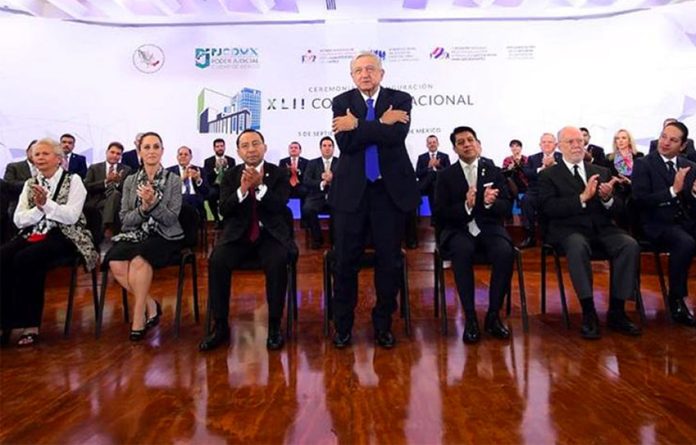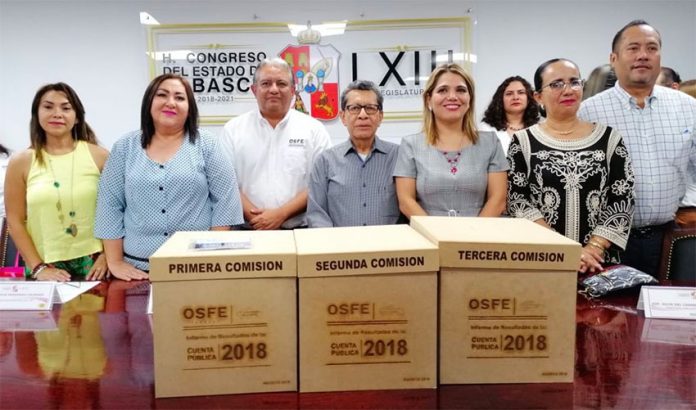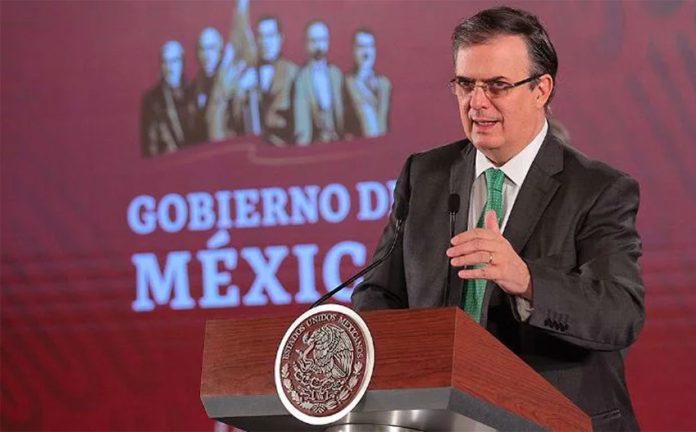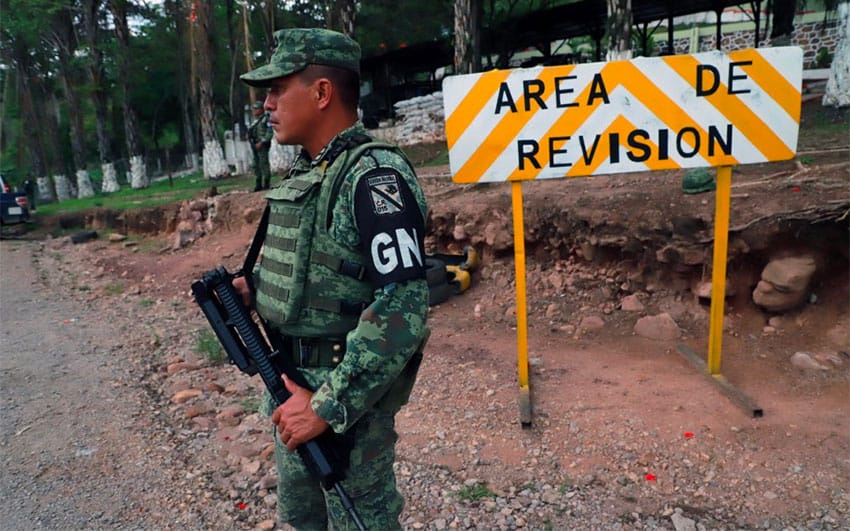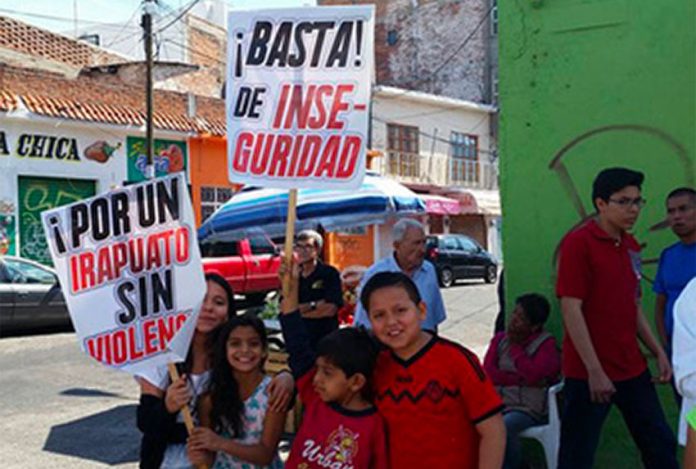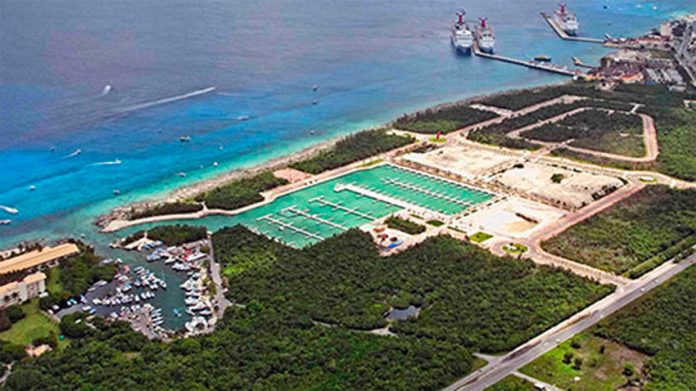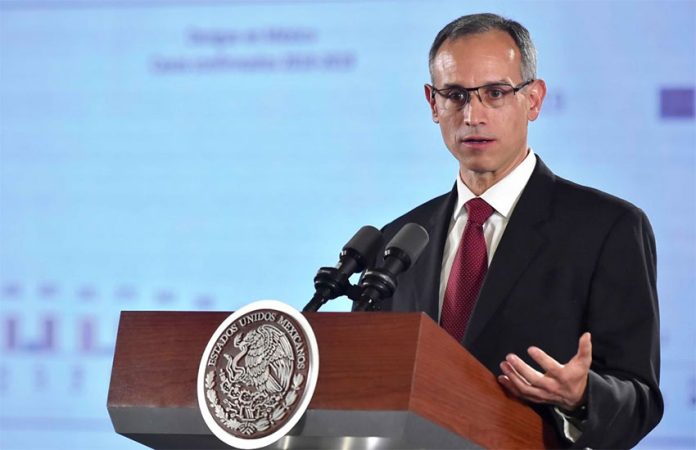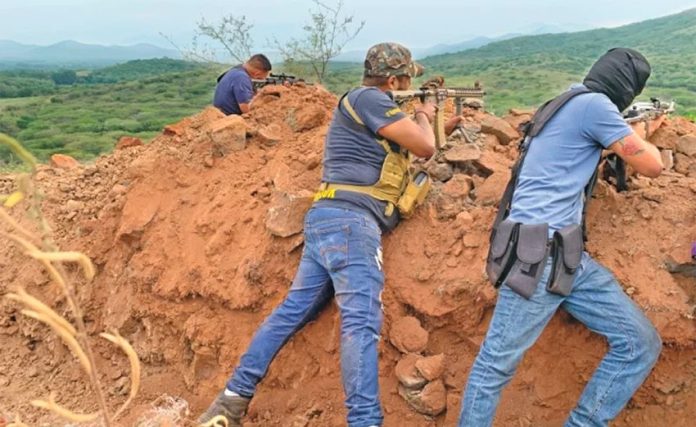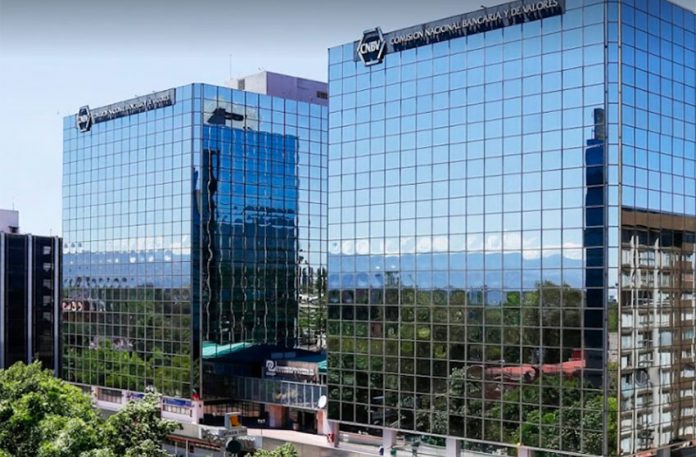Notwithstanding the bloodshed in perennial hotspots like Tijuana and Acapulco, the surge of violence in oft-overlooked mid-sized towns such as Irapuato has played an under-appreciated role in driving Mexico’s public security challenges.
An industrial city of slightly more than 500,000 in the central Mexican state of Guanajuato, Irapuato has recently earned notoriety as one of Mexico’s (and the hemisphere’s) most violent cities.
After years of relative calm, the city’s 474 murders in 2018 — which stemmed primarily from turf wars between the Jalisco New Generation Cartel (CJNG) and the Santa Rosa de Lima Cartel (SRLC) — represented a nearly three-fold increase from the prior year.
According to a recent report from a non-governmental organization called the Citizens’ Council for Public Security and Criminal Justice, Irapuato’s murder rate in 2018 made it the sixth deadliest city in the Western Hemisphere. This places Irapuato in the company of cities whose security challenges are far more famous, including Caracas, Acapulco and Ciudad Juárez.
This is uncharted territory for Irapuato. Its 474 murders were the largest number of any in the state, outdistancing León (which registered 349) despite a population roughly a third of its size. Not only was the number of homicides in 2018 a modern record, it was greater than the combined total of all of the prior years of the mandate of former president Enrique Peña Nieto. Indeed, Irapuato saw more killings in 2018 than from 2000 to 2014 combined.
While Irapuato is the most dramatic example, several small and mid-sized cities in Guanajuato have had comparable accelerations in violence. Celaya, Salamanca and Silao — the third, fourth and fifth largest cities in the state respectively — produced a total of 841 murders in 2018.
Each city set a modern record for homicides. In the case of Salamanca and Silao, the current levels of violence are more than 40 times what they were in the early 2000s. Smaller towns like Yuriria, Cortazar, Apaseo el Alto, Apaseo el Grande and Pénjamo all show a similar recent pattern; each of these municipalities registered a murder rate of more than 100 per 100,000 residents in 2018.
InSight Crime analysis
Beyond the sheer increase in the number of murders, Irapuato’s progression represents something of a microcosm of the decline of many cities in Guanajuato, the most violent state in the country in 2018, and Mexico alike.
One of the key factors driving the current turbulence is the availability of black market oil, stolen from voluminous area pipelines belonging to the national oil company, Pemex. The profits derived from this lucrative industry, known within Mexico as huachicol, has turned Guanajuato into sought-after terrain for local criminal groups.
It is against this backdrop that Irapuato has descended to its current depths. In early 2017, amid years of gradual increases in violence, local officials denied that there was any organized crime presence in the city.
But within months, the CJNG announced plans to take control of Irapuato, while the Santa Rosa de Lima Cartel was releasing videos promising to sweep the outsiders from the area. Videos of mass shootings at bars, perpetrated by men toting assault rifles, began broadcasting on media outlets and YouTube alike.
A local self-defense group calling itself the Justicieros de Irapuato emerged with promises to protect the city’s residents where the police could not, a significant step toward the breakdown of the social contract between the government and the governed.
While oil theft may have been the initial draw, criminal gangs have expanded into other illicit industries. While Irapuato is not an obvious transit point for drugs heading north, federal officials have increasingly seized large quantities of drugs, likely driven primarily by local consumers.
The spread of retail drug outlets across the city has also begun to draw the attention of government officials. Reports of extortion have also cropped in recent years, with government officials begging citizens to report demands for protection payments to the police.
While the perpetrators of the local extortion schemes remain unclear, protection rackets have turned into a hallmark of criminal groups seeking total control in Mexican cities.
In other words, in 2017, the city went from local officials dismissing the risk of organized crime to suffering from all of its most obvious manifestations. That year, murders in Irapuato nearly doubled to 171.
By 2018, the local police essentially declared publicly they would no longer seek to enforce laws related to organized crime, which it proposed to leave to the federal government. This may have helped take local police out of the firing line, but a more complete abdication of a government’s duty is hard to imagine.
Predictably, the impact on the city’s security has been negative: over the first half of 2019, local officials say that the number of murders increased by more than 30%, with more than nine of every 10 killings stemming from criminal disputes. These include atrocities such as the May ambush and assassination of two police officers.
As Irapuato lingers as one of the most insecure towns in Mexico, its recent experiences provide lessons to policymakers.
First, festering problems that appear to be under some measure of control — as was the case with oil theft for many years — can suddenly explode. Second, there is no substitute for local policing capacity. And third, the sources of violence — both in terms of geography and the criminal activity — are in constant evolution, and often emerge from unexpected places.
Reprinted from InSight Crime. Patrick Corcoran is a contributing writer for InSight Crime, a foundation dedicated to the study of organized crime in Latin America and the Caribbean.
